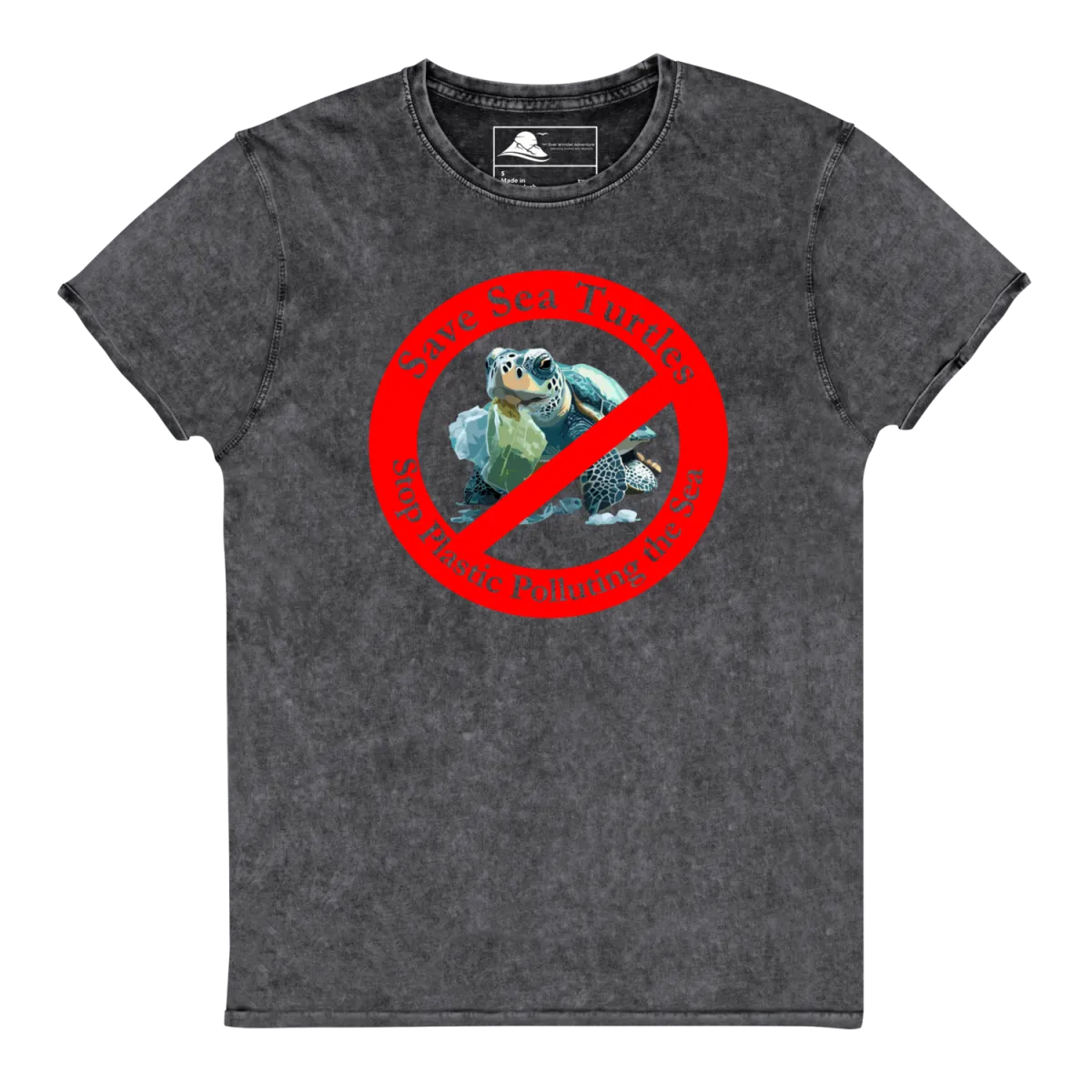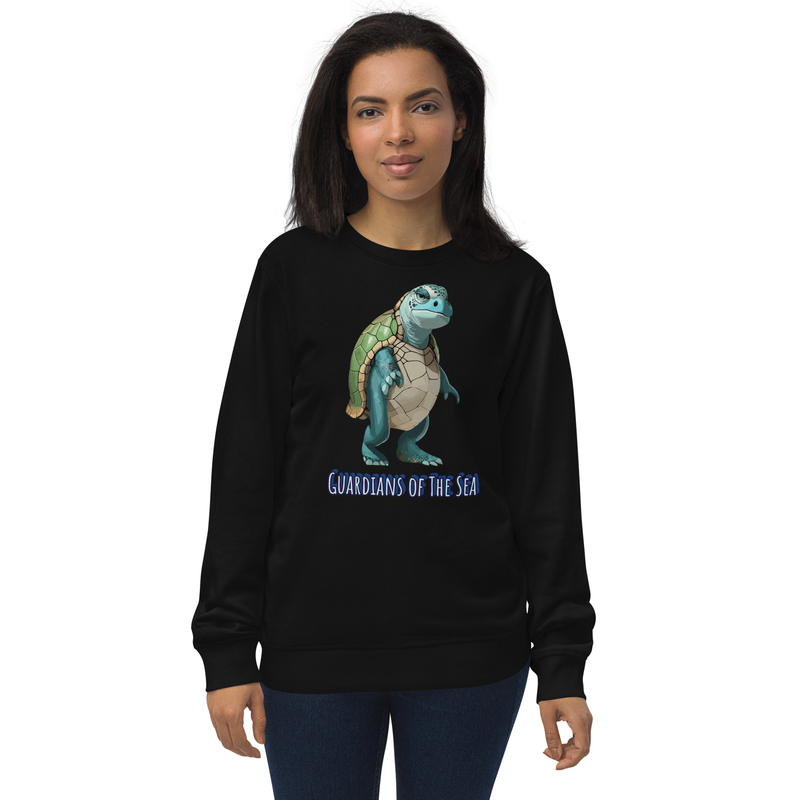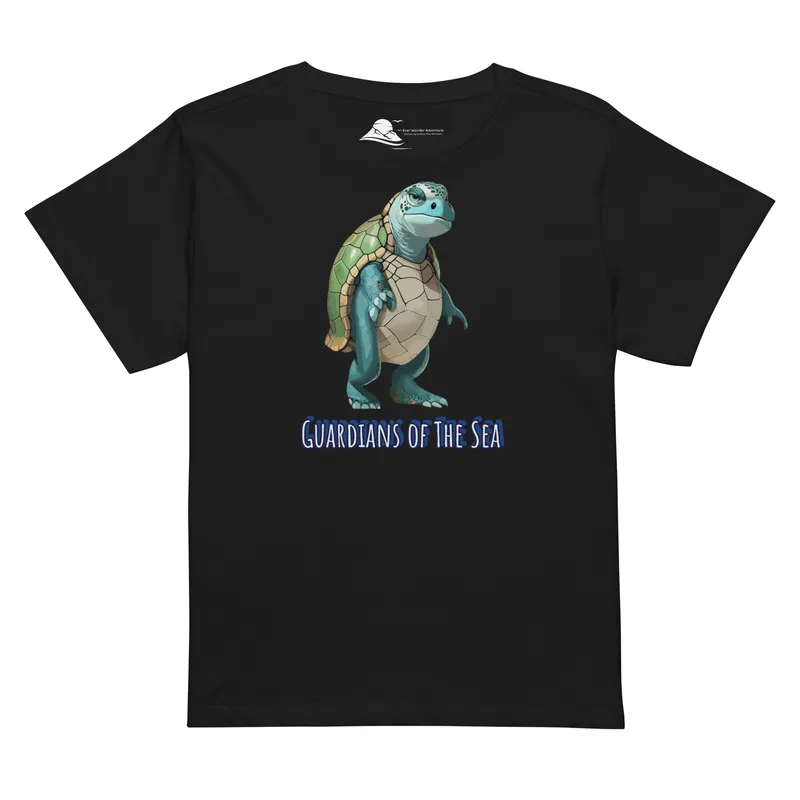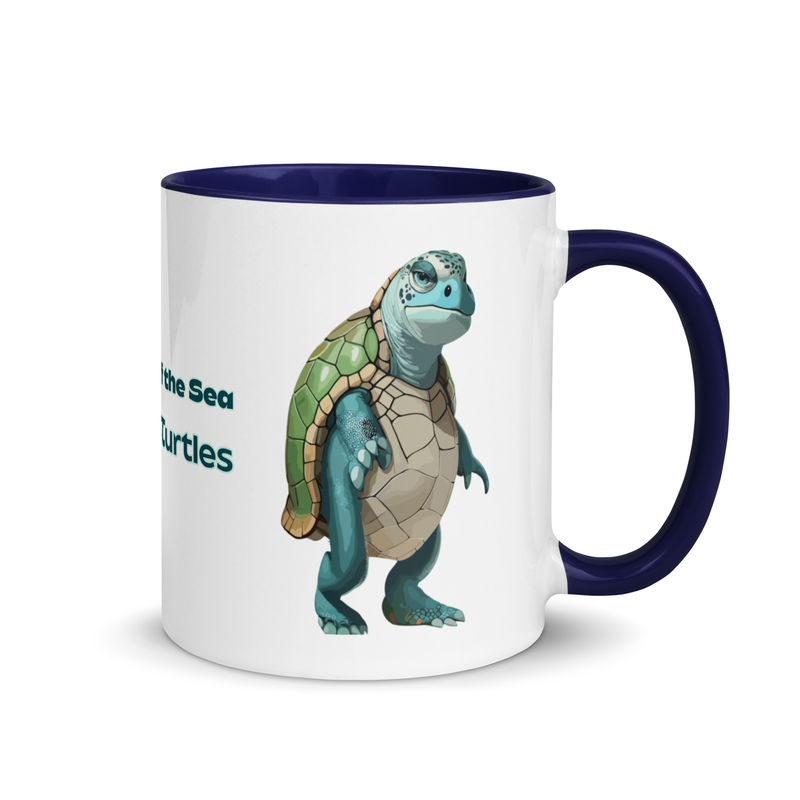
Save Sea Turtles
Sea turtles are vital for ocean balance, preserving biodiversity, controlling jellyfish, and sustaining marine ecosystems. Protect them now!
The Vital Role of Sea Turtles in Marine Ecology:
Consequences of Their Extinction Due to Plastic Pollution
Introduction:
In the vast and intricate web of marine life, sea turtles emerge as true ecological champions. Their presence is of utmost importance for maintaining the delicate balance of marine ecosystems. However, the existence of these magnificent creatures is under severe threat due to the alarming levels of plastic waste dumped into our oceans. In this article, we explore the invaluable contributions of sea turtles to marine ecology and shed light on the dire consequences that would befall our oceans if they were to become extinct.
Preservation of Biodiversity:
Sea turtles act as keystone species, playing a pivotal role in preserving biodiversity within marine ecosystems. Their diet predominantly consists of seagrasses and jellyfish, regulating the populations of these species and preventing overgrowth. By maintaining balanced food chains, sea turtles contribute to the overall health and stability of the marine environment.
Beach Ecosystems:
Sea turtles undertake remarkable nesting journeys, returning to the very beaches where they were born to lay their eggs. This process helps shape beach ecosystems by redistributing sand and allowing for the growth of vegetation. Furthermore, the eggs laid by sea turtles provide a crucial source of nutrients for other beach-dwelling organisms, fostering a thriving ecosystem.
Ocean Nutrient Cycling:
The role of sea turtles extends beyond the sandy shores. When sea turtles migrate through oceans, they transport vital nutrients across vast distances. Their feeding habits help redistribute nutrients, stimulating the growth of phytoplankton and enhancing primary productivity. This, in turn, sustains the entire food chain, benefiting countless species and maintaining a healthy oceanic environment.
Mitigation of Jellyfish Blooms:
Jellyfish blooms, characterized by explosive population growth, pose a significant threat to marine ecosystems. Sea turtles are natural predators of jellyfish and effectively keep their populations in check. The decline of sea turtles due to human-induced factors, such as plastic pollution, leads to uncontrolled jellyfish populations, resulting in imbalanced ecosystems and the potential collapse of fisheries.
The Consequences of Extinction:
If sea turtles were to be made extinct due to the reckless disposal of plastic waste into the sea, the consequences for marine ecology would be catastrophic. The delicate balance of ecosystems would be disrupted, leading to:
i. Overgrowth of Jellyfish:
The absence of sea turtles would remove a critical predator, allowing jellyfish populations to explode. These gelatinous creatures would dominate marine environments, outcompeting other species and leading to the collapse of fisheries.
ii. Decline in Seagrass Meadows:
Without sea turtles to control their numbers, herbivorous prey species like jellyfish could decimate seagrass meadows. This would result in the loss of crucial habitats for various marine organisms, including fish and crustaceans, disrupting the entire food chain.
iii. Impaired Nutrient Cycling:
The absence of sea turtles would disrupt the transport of nutrients across oceans, hindering the growth of phytoplankton. Diminished primary productivity would have far-reaching effects, affecting everything from zooplankton to large marine mammals, and ultimately jeopardizing the health of the entire marine ecosystem.
Conclusion:
The preservation of sea turtles is essential for the well-being of our oceans and the intricate balance of marine ecology. As we witness the devastating effects of plastic waste on these remarkable creatures, it becomes crucial to take action. By adopting sustainable practices, reducing plastic pollution, and promoting conservation efforts, we can ensure the continued existence of sea turtles, safeguarding the health and resilience of marine ecosystems for generations to come.
World Renown Sea Turtles Conservationists

Late Dr. Archie Carr
Leading authority on sea turtle survival. Researched and wrote extensively about the plight of sea turtles and these research and writings provided call to arms and resulted in global efforts to conserve sea turtles from extinction.
Graduate Research Professor of Zoology, University of Florida, USA
"For most of wild things on earth, the future must depend on conscience of mankind"

Dr Jeanne A. Mortimer
A marine biologist who dedicated herself to studying the biology of and promoting the conservation of sea turtles and tropical coastal and marine ecosystems. Dr Mortimer's research involved nesting and foraging ecology, population status, growth rates, migrations, genetic phylogeny, and human utilization of sea turtles
International Sea Turtle Society awarded lifetime achievement award to Dr Mortimer for her 40 years' work in turtle conservation.

Dr Wallace J. Nichols
Dr Nichols is known for his advocacy work in ocean conservation, including the protection of sea turtles. He has conducted research on the migration of sea turtles and has been actively involved in raising awareness about the threats they face, particularly from plastic pollution. Dr. Nichols has been instrumental in engaging the public and promoting conservation efforts for sea turtles and marine ecosystems.
Support Us

Save Turtles Unisex Denim T-Shirt
Act now to conserve marine champions and protect our delicate marine ecosystems! Unleash casual style with the Unisex Denim T-Shirt, made from combed cotton for supreme comfort and durability. Embrace the must-have collection featuring ribbed cuffs and a classic neckline. As you wear this authoritative shirt, reflect on the vital role of sea turtles in preserving oceanic balance. Together, let's safeguard their existence and ensure a thriving marine world!

Save Turtles Unisex Organic Sweatshirt
The Unisex organic sweatshirt is made of organic and recycled materials, and feels soft and cozy to the touch. It has set-in sleeves, 2×2 rib at collar, and a self-fabric neck tape. Order your next eco-friendly essential and hit the streets in style!

Save Turtle Women high-waisted T-shirt
Embrace the mission to protect marine champions with our Save Turtle Women's High Waisted T-shirt. This tee's imperative message preserves marine biodiversity, beach ecosystems, ocean nutrient cycling, and mitigates jellyfish blooms.
Information Trove
Address : One Oxley Rise, Singapore 238714, Singapore
Phone : +1 757 231 3068
Email : [email protected]
Support : Email 24/7, Click here for Zoom Call Appointment
Discover Fascinating Subjects below:
Stop Food Waste
Search for Merchandise
Stay In The Loop
Subscribe and stay updated with our latest news.
Secured Checkout
We use encrypted SSL security to ensure that your credit card information is 100% protected.





